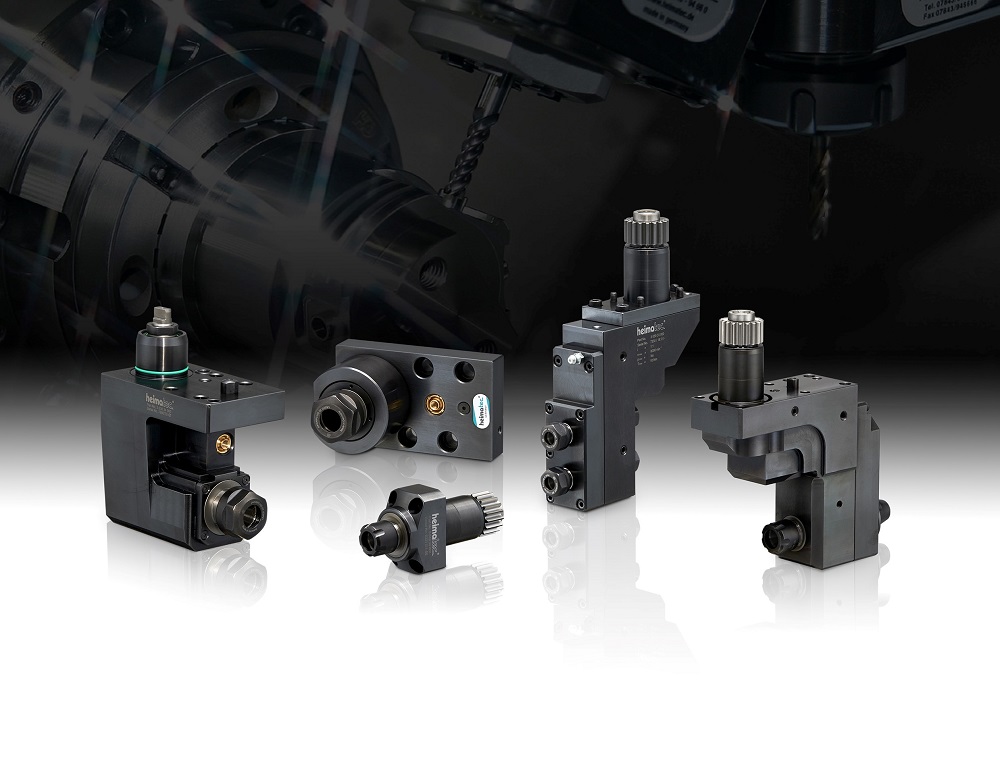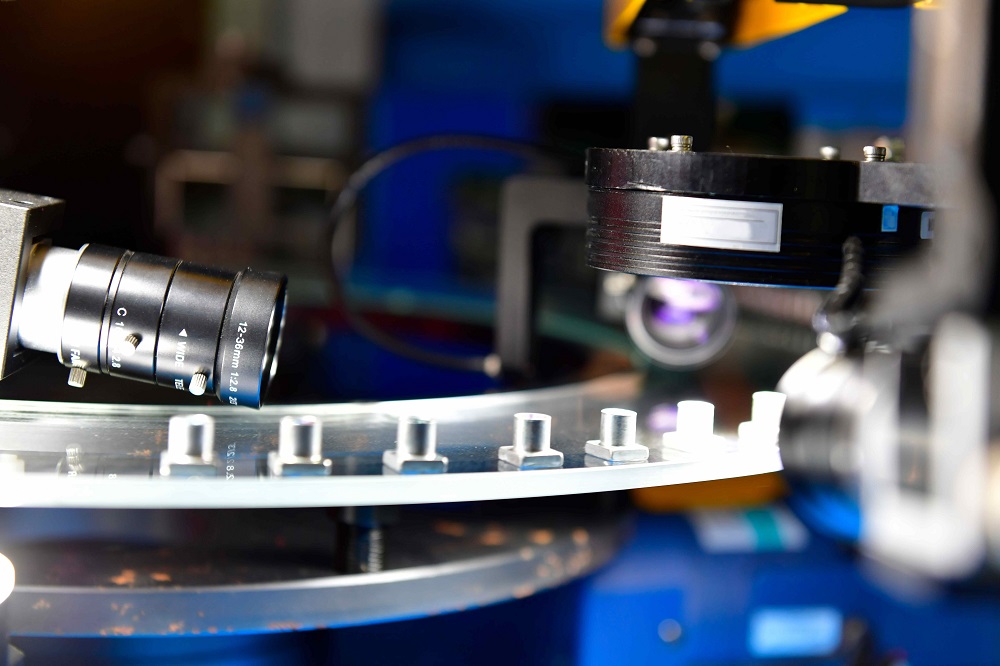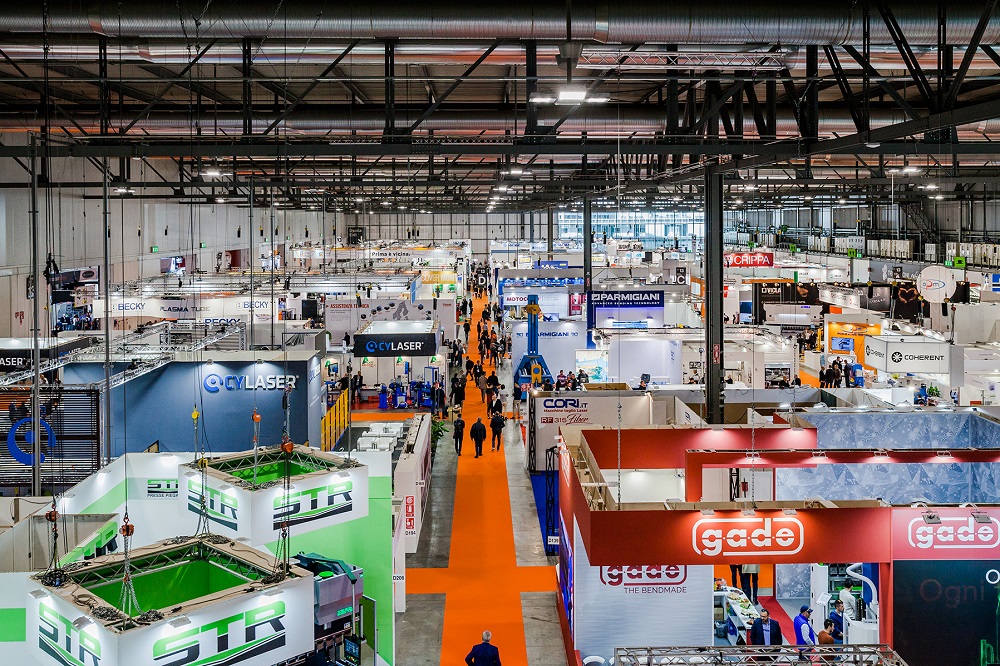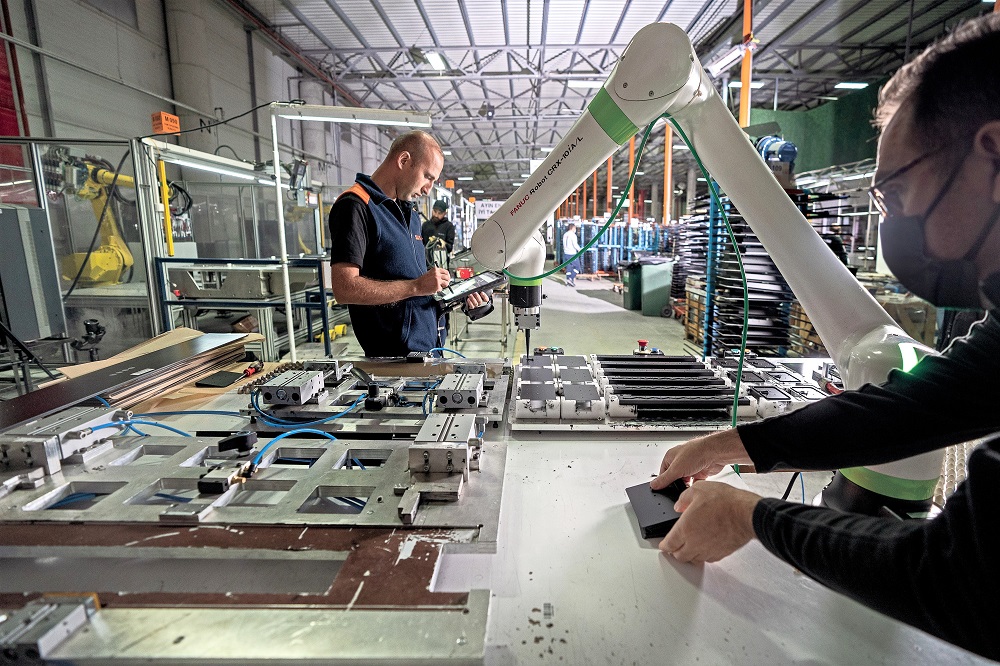Hyfore is expanding its diverse range of work-holding and tooling solutions by becoming the exclusive UK distribution partner for the Heimatec brand of precision tools and systems.
Founded in 1987 in Germany, the first activities of Heimatec GmbH included the production of carrier tools for indexable inserts, which expandedrapidly into the manufacture of specialist radial drilling heads, quick-change tooling systems for driven tools and then complete tool-changing systems.
Now, the Heimatec portfolio includes a programme for static and driven tools for turning centres. This incorporates everything from axial, offset, angled and swivelling driven-tool stations, as well as static VDI and BMT toolholders for boring, turning, bar pulling and cut-off holders. Also in the turning range are multi-spindle heads and high-speed tools with gearing ratios of 1:4 for machining up to 48,000rpm, and a complete range of accessories such as bar pullers, reducing sleeves, collets and collet chucks, shrink and tapping collets, sealing disks clamping nuts, and arbors.
The German tool-holding expert also manufactures a complete tooling programme for Swiss-type turning centres with live, static and customised tools supported by a diverse range of standard and special accessories that can accommodate users of Citizen sliding-head machine tools.
In addition, Heimatec’s portfolio encompasses a complete range of solutions for machining centres. The live tooling options include 360° turnable angle heads, axial drilling and milling heads, multi-spindle heads, and double-spindle and offset heads, to list but a few. Alongside a comprehensive programme of standard angled heads, Heimatec offers a compact, high-performance slim design range.Developed for difficult contours, the slim design series is suitable for small immersion diameters and large immersion depths.
For further information www.hyfore.com


















